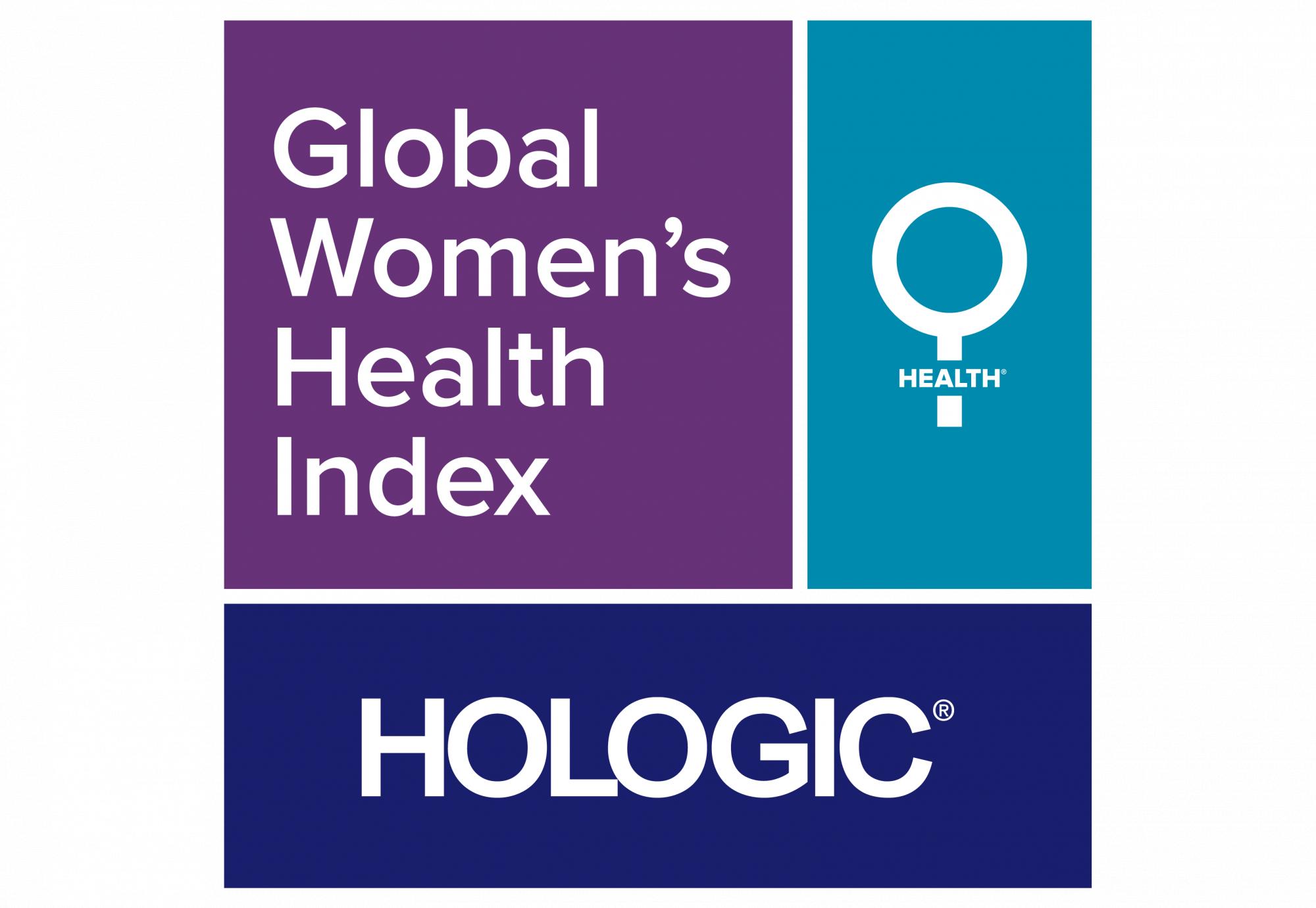There is an urgent need to put women back at the heart of the design and implementation of key health services in the UK.
Women’s health is a priority for all. Healthy women are the cornerstone of families, communities, and economies. Their health is a fundamental human issue that affects millions of women across the UK – and the millions of other people who depend on them.[1]
Scientific breakthroughs, new technologies and policies are providing unique opportunities to improve women’s health and avert significant tolls in terms of burden, societal and economic costs. Understanding that the UK healthcare system was not built with women in mind, new approaches to diagnosing, treating and destigmatising health conditions for women need to be identified and prioritised. Implementation of the Women’s Health Strategy, published in Spring 2022, is a step in the right direction. However, to succeed, maintaining momentum and continuing to build on the strategy will involve identification and promotion of new women-centred approaches.
You cannot ‘fix’ what you have not measured
Based on the Hologic promise of the science of sure, we know that measurement is key to improvement in any endeavour. At Hologic, we saw a clear need for robust, accurate data to track and measure women’s health on a global level. The Hologic Global Women’s Health Index, conducted in partnership with leading analytics firm Gallup, is one of the world’s largest surveys on this topic.[2] It directly captures the experiences of women and addresses the lack of robust, quality data on women’s health. The aim is that the data we offer can supplement and enhance other standard, limited and utilitarian women’s health data currently available and use this to help shape women’s healthcare. We are now sharing the Index’s second-year results - an important milestone for Hologic.
There is still work to do in the UK to address women’s health needs
The Index assigns a women’s health score (from one to 100) to each of 122 countries and territories, and then ranks them, with the average global score at only 53, and no country or territory scoring higher than 70.2 In 2021, the overall score for the UK dropped three points and it now scores 60 out of 100.3 However, one positive development observed from the Index, is that in the UK, health screenings and testing in areas such as blood pressure, cancer and diabetes has improved since last year.[3]
While overall the figures for preventative health are looking more positive, healthcare inequalities still exist. A supplementary survey conducted by OnePoll, analysing responses from 10,650 women aged 18+ in the UK, provided additional insight into the challenges to women’s well-being. These included chronic diseases, emotional health difficulties, the effect of physical pain on daily living, shortcomings in pregnancy care, and the impact of wide-ranging disparities on preventative care.[4]
The question is, what does this tell us? Put bluntly, the UK health system simply does not place enough emphasis on the needs of women when delivering core services. There are also stark inequalities visible amongst women across the UK. This can clearly be seen in areas of preventive health such as screenings where there are disparities between women based on ethnicity.4
Collective steps to drive improvements
Determining priorities, identifying and implementing appropriate solutions to the health and wellbeing challenges that women face will require holistic, people-centred, health system-wide approaches to awareness, prevention, and integrated care.
By combining diverse skills and resources across all stakeholders involved in women’s health, we can work together to create awareness and advocacy for better women’s health. This could look at implementation of women-centred tools and systems; influence policy, treatment and screening guidelines to make testing, screening and access to diagnostic services a core component of women’s health; promote social and patient-centred research to ensure social marginalisation is addressed to better every woman’s health.
And when better to do this than now. 2023 is the year to reflect on the significant progress needed in the UK to bring women’s health into focus and raise hope for further significant developments to come.
For more information visit: https://hologic.womenshealthindex.com
[1] Office for National Statistics (ONS). Overview of the UK population: January 2021. Available from: Overview of the UK population - Office for National Statistics (ons.gov.uk) [last accessed 29 November 2022]
[2] Hologic. The Hologic Global Women’s Health Index Pathways to a Healthy Future for Women. 2021
[3] Hologic. Hologic Global Women’s Health Index. 2021
[4] OnePoll. Women’s Health Index. 2022


















